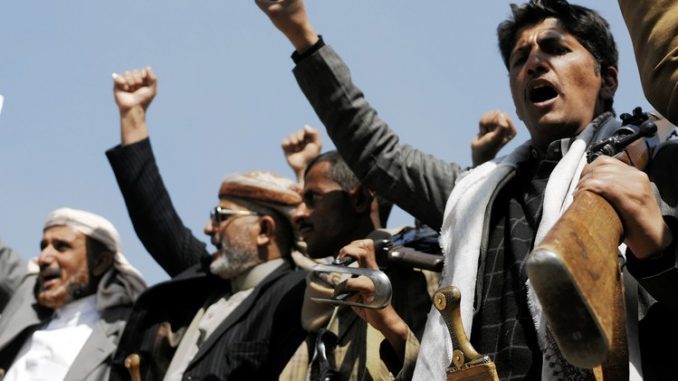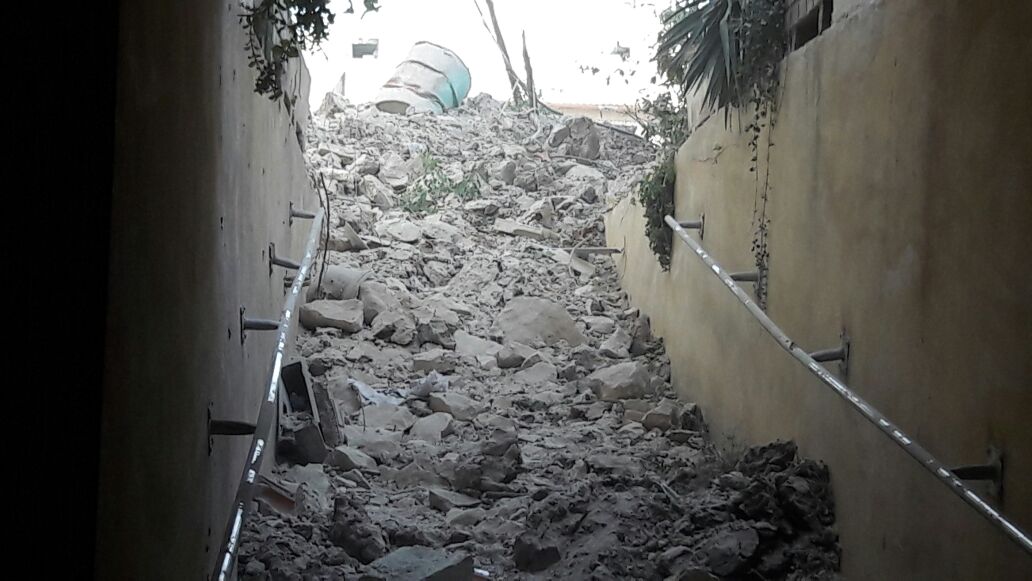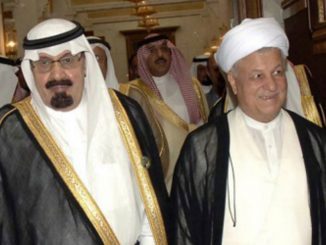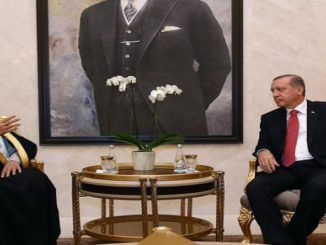
In a provocative move, , Yemen’s armed rebels Houthi and its political allies formed on Monday a new government led by Abdulaziz bin Habtour, who served as a governor of southern port city of Aden during the rule of internationally recognized President Abd-Rabbu Mansour Hadi.
This new government based in Sanaa came despite the international attempts to form a unity government supported by the United States, the United Nations and Saudi Arabia in order to put an end to the conflict in Yemen.
Earlier this month, U.S. Secretary of State John Kerry said he extracted a pledge from Houthi leaders, during a secret meeting in Muscat, for them to form a unity government with their foes.
The Houthis at that moment agreed to a U.N. plan which required them to hand in heavy weapons and pull out of main cities in exchange for participating in a unity government with Abd-Rabbu Mansour Hadi, the internationally recognized president, who rejected the proposal, saying he was the legitimate president.
The surprise move angered the Saudi-backed rivals and complicated United Nations efforts to end a conflict that has ravaged the Arab world’s poorest country for much of the past two years.
Houthis formed a government of 35 ministers, including 7 state ministers and 3 deputy prime ministers, because of Yemen’s “internal situation and confronting the Saudi aggression,” according to Saba news agency.
it is noteworthy that the new government is set to replace the Supreme Political Council, which was established by the Houthis and the party of former president Ali Abdullah Saleh earlier in the year.
US criticizes, Hadi’s government accuses of disregard
Rajeh Badi, a spokesman for the Hadi government, said the move showed “a disregard not just for the Yemeni people but also for the international community.”
He also added that “over a year and a half since the Houthi militia’s coup, no one in the international community has recognized the entities they have formed.”
Although there was no immediate comments from neither the United Nations nor the Saudi Kingdom which led a coalition against Houthis in Yemen, The US officials opposed on Monday the move by Iran-supported rebels in Yemen to form a new “national salvation government” in that impoverished country.
A State Department spokesman, John Kirby, criticized the announcement, saying it was “clearly not conducive to achieving a lasting and comprehensive settlement to the conflict in Yemen, which will require political negotiation and consensus among all parties.”
On the other hand, Anwar Gargash, the Minister of State for Foreign Affairs in UAE reacted on Houthi’s new government, asking, “Who will recognize the coup government, announced by the militia of Houthis and Saleh?”
“Iran may recognize it, but the biggest dilemma remains in granting legitimacy to the rebellion,” added Gargash on his official Twitter account.



